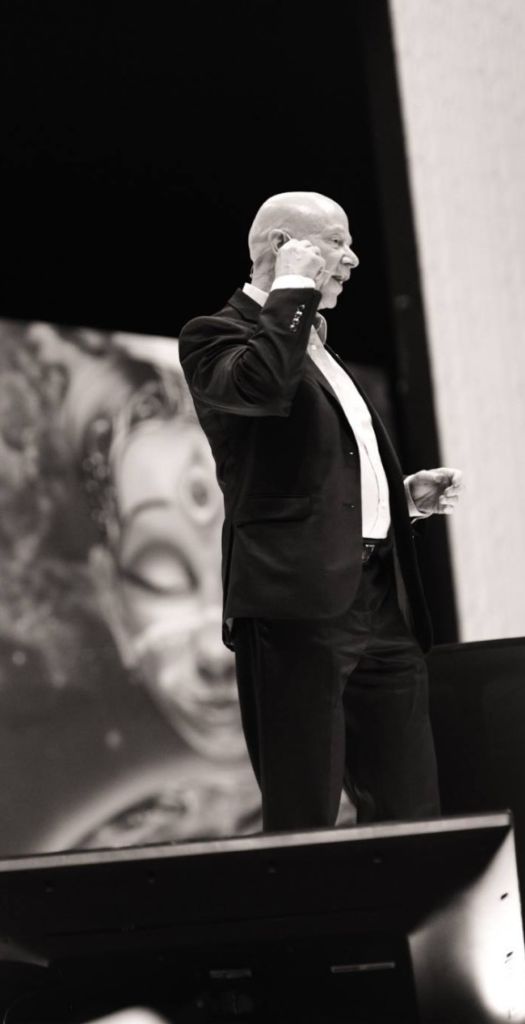We hear a lot of talk about bringing jobs back. Well, there are many jobs that just won’t be “brought back” to any place.
How many jobs shoeing horses were lost when the horseless carriage emerged around the turn of the 20th Century? How many telephone operator jobs were lost because of new technology that allowed people to make their own calls? How many secretarial jobs were lost in the ’60s when computers came about with word processors built into them?
This is the way history works. It is painful for those involved to have to change. This is particularly true for those who are older and were hoping to do the same type of job at the same rate of pay for the rest of their career. They were longing for a nice, comfortable retirement.
Well, the world really doesn’t work the same way today. In fact, it is an anomaly of the mid-20th century that people had this concept of retirement. Today, many are advocating the concept of re-engagement rather than retirement. This is good for a number of reasons.
When your mind and body are active, you feel more energetic and live a more full, enriched life. Think back to the 16th, 17th or even 18th centuries. The concept of retirement did not exist. People kept stretching and learning and growing. It was incumbent upon people to continually be relevant and provide for themselves and their families.
Relevance in the age of robots
Today, we are seeing robots excelling in their skills and ability. Recently, I was able to watch a performance at CES, the trade show sponsored by the Consumer Technology Association and held in Las Vegas. I was invited by the Industrial Technology Research Institute (ITRI), based in Taiwan, to see what is not only possible, but what exists.
In their exhibit, I saw a state-of-the-art robot playing chess against people. Not surprisingly, the robot was beating even the best chess players that challenged it. And as if that weren’t enough, the robot was kind enough to offer and pour coffee for those who wished to have a cup.
Click Here to Continue Reading
















